Whilst the world is slowly opening back up and the ever so discussed green list is welcoming new members, I decided to spend the weekend exploring one of the UK’s finest spa cities filled with rich ancient heritage and culture – Bath. This city’s stunning honey-coloured limestone buildings, Roman heritage, and natural hot springs earned its status as a UNESCO World Heritage Site back in 1987.
It is no surprise to anyone that the Romans chose exactly Bath for their recreational activities more than 2,000 years ago. According to the local legend, Prince Bladud cured his leprosy after bathing in the hot muddy waters in Bath. Not long after that the Romans started to develop a beautiful sanctuary of relaxation called Aquae Sulis (later know as Bath Spa). Nowadays, the city is still attracting thousands of visitors seeking to experience the magical waters of Bath though the city offers so much more to its guests.
Food tour
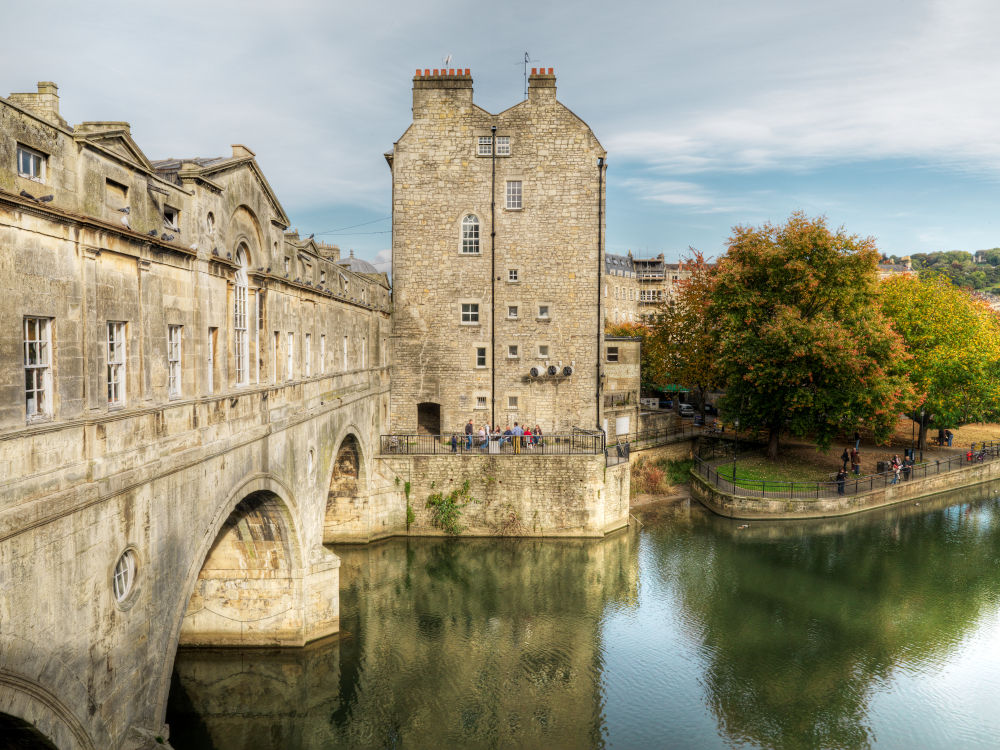
To start your experience to the city, you need to really to get into the mindset of a Bathonian. A good way to do this is by joining the Savouring Bath food tour which will take you to some of the food landmarks from local vendors offering the best of Bath.
I joined the Culinary Comforts day tour which consisted of seven eateries with a bonus stop on the way to Bath’s brand new independent specialist seafood shop, Edgars, where we tasted delicious kuro prawns and crab crouton bites.
The tour’s first stop started with traditional Hungarian goulash tucked in soft bao buns at Goulash Life, situated in Bath’s foodie hot spot and former train station, Green Park Station. For our next stop we sipped on a cardamon-flavoured Levant pot (also known as Turkish coffee) at Lulu Caffe run by Mohammad and his son, who are both qualified coffee sommeliers and offer the most flavoursome coffee you’ll ever try. A food tour in Bath would not be complete without a taste of the locally made milk-based sweet rolls called Bath buns at Thoughtful Bakery.
The next stop was a very much hidden gem (excuse the widely overused phrase) – the Guildhall Market. Though situated right in the heart of the Bath, the market is often missed out by tourists due to its rather uninviting entrance. The market is home to Gillard’s of Bath, specialist tea shops offering tea blends which will impress even those who usually side with coffee. You can sip on the Jane Austin blend or enjoy a cup of the Bridgerton tea, whilst learning all about the journey of tea. Guildhall Market is also home of one of the oldest cheesemongers in Bath – Nibbles Cheese, where you can find another local favourite, the creamy Wyfe of Bath cheese.
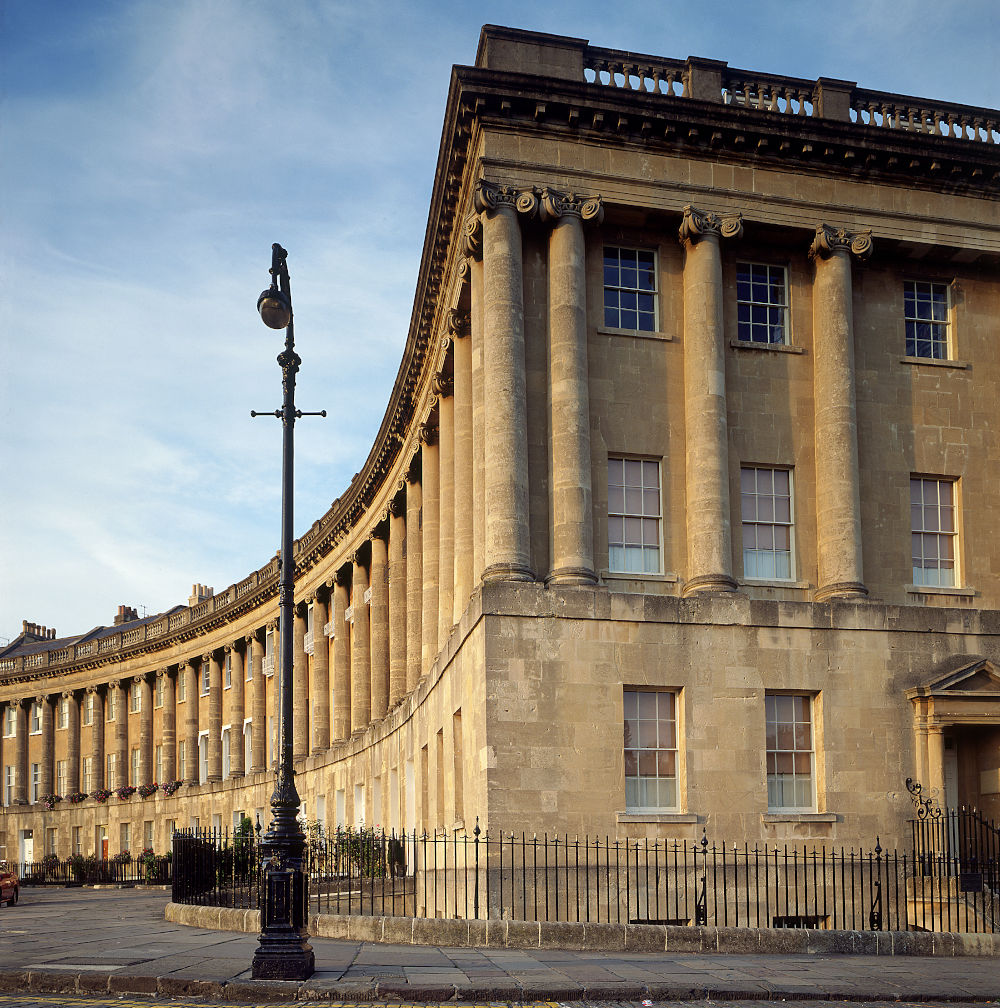
Whilst walking through the streets of Bath, tasting all that is local, we learnt a lot about the city’s history. Our very knowledgeable guide, Mike, showed us the remains of the wall that used to surround the city. Due to this, places such as local churches St Michael’s Without and St Michael’s Within carry the names which describe their position based on the city wall. Mike also showed us one of the pubs where Charles Dickens was known to have written many of his novels.
The city’s beautiful Georgian architecture and surrounding green hills have been loved by other authors such as Jane Austen who resided there between 1801 and 1806. In more recent days, the one-of-a-kind yellow limestone city, featured in the hit drama and everyone’s favourite – Bridgerton.
The last stop on the tour was a well deserved wine break at La Vignoble. Literally translating as ‘the vineyard’ from French, this award-winning wine bar offers state of the art enomatic machines which help to preserve flavours and aroma of wine. La Vignoble offers wine tasting using its enomatic machine where you can taste as little as 25ml from as many bottles as you like.
Where to stay
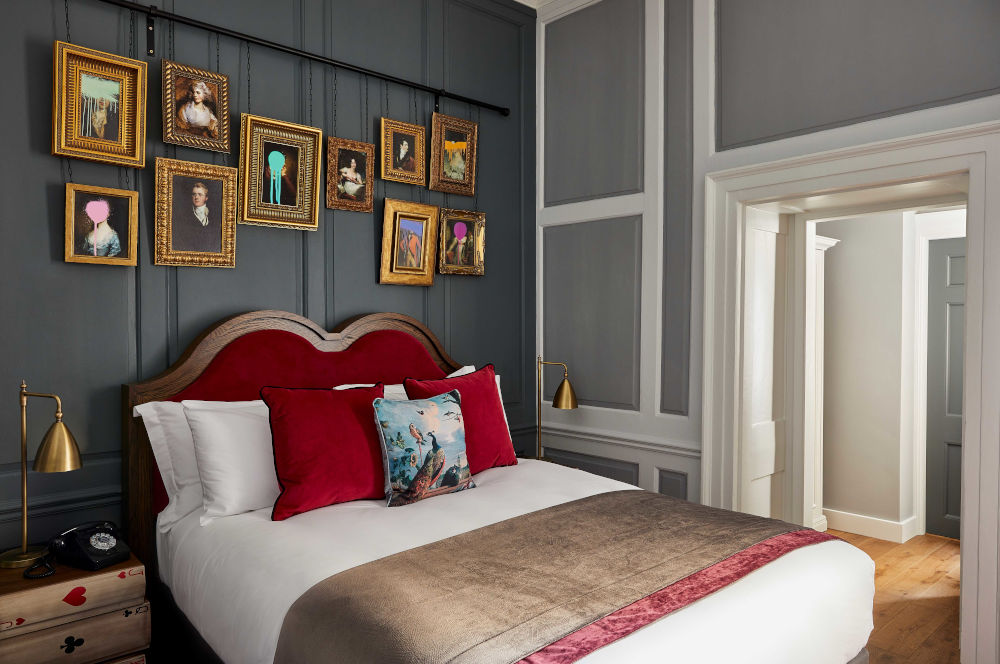
After a wine-infused ending of a day filled with exploring, we headed to the only four-star hotel in Bath – Hotel Indigo. The boutique hotel, part of IHG group, is situated just a short walk from the Bath Spa train station in the heart of the city centre. The hotel’s contemporary design with a twist of traditional and abstract art colouring bring to life the Georgian townhouse building. All 166 luxury bedrooms boast elegance and 18th-century architecture, while featuring Hypnos beds with luxury Egyptian cotton linen for full relaxation and comfort. The hotel’s small garden is situated at the back, where you can find the more tranquil section, which also offer the garden rooms.
A chic pop-up bar resides at the front of the Hotel Indigo where you can indulge in an afternoon of oysters and champagne. Part of the hotel, The Elder restaurant and bar are independently run and owned by restaurateur Mike Robinson. The Restaurant offers exquisite fine dining in the elegant atmosphere of each dining room situated in the original Georgian houses. The restaurant’s philosophy is all about sustainable produce focusing on wild food with all meat, fish and veg grown or harvested locally.
Things to do
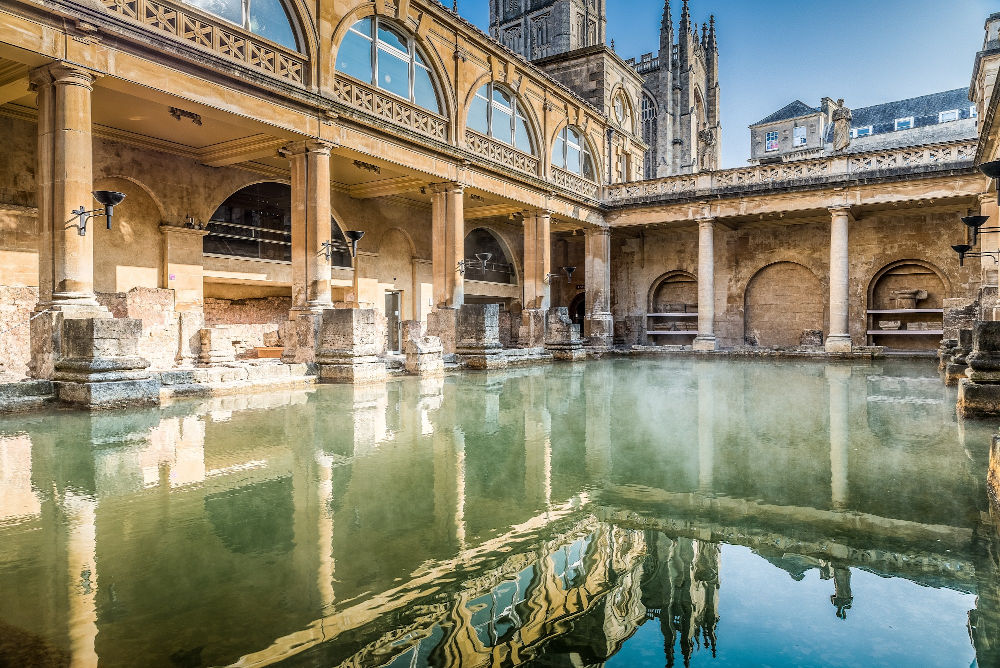
Apart from eating your way around Bath, there also are plenty of other activities around the city. Starting with an unmissable visit to the Roman Baths where you will learn about the history of Bath and how the ancient Romans used to enjoy their relaxation time. Visitors can immerse themselves in the experience through guided audio tours and interactive CGI which bring to life the ancient site.
Next off, head to the stunning Thermae Spa for some relaxation time of your own. You can bathe in the natural hot springs deriving from depths of about 2km below the Earth’s surface. The legend has it that this water, rich in minerals, fell as rain over 10,000 years ago. The 42-mineral rich water in the spa, comes naturally at about 45ºC and has to be cooled down to the optimum bathing temperature of 34ºC. The Thermae Spa also invites its guests for a 360-degree view of the city from its rooftop pool. The spa has a strictly no photos policy which allows guests to fully enjoy the experience.
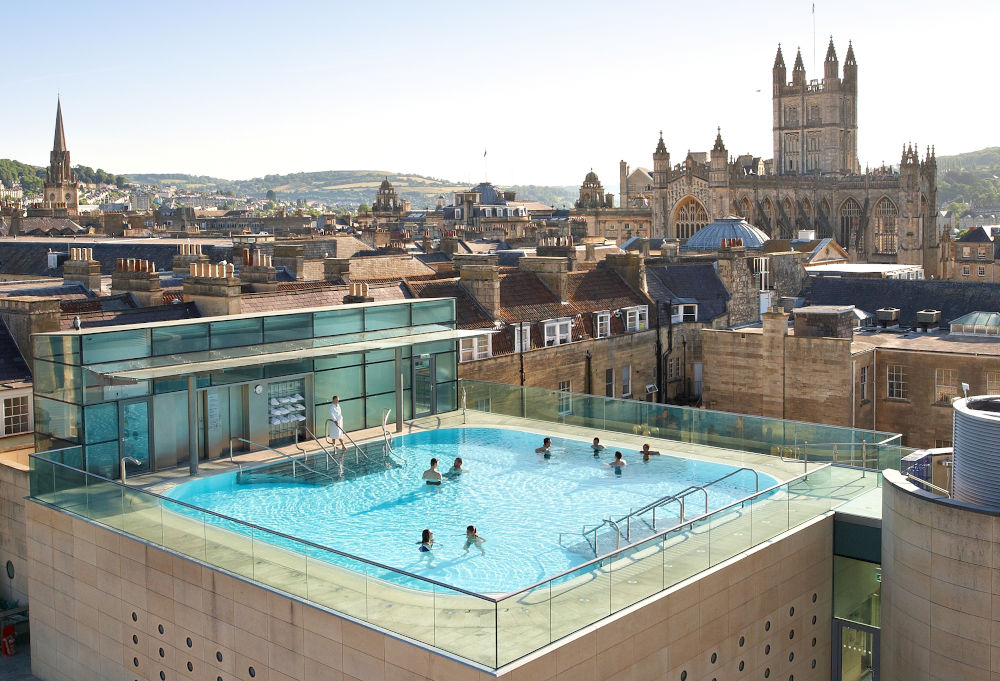
You cannot miss The Royal Crescent, an arc of stunning Georgian townhouses, and probably one of Bath’s best known landmarks. The Crescent was designed by John Wood the Younger in the early 1700s overlooking Royal Victoria Park. Not too far from the Crescent, at Bath’s Fashion Museum, you will find a stunning collection of the 100 key objects which have defined today’s fashion through the years.
The ‘A History of Fashion in 100 Objects’ collection showcases the history of fashion from the 1600s to the present day. Currently the museum is also exhibiting the Shoephoria! world-class collection with over 350 pairs of boots and shoes showing the evolution of shoes from the last 300 years.
With its rich history and plethora of activities, and independent eateries, a weekend in Bath is the must-do summer activity this year.
Factbox
This press trip was organised by Visit Bath.
A two-hour Thermae Spa session with towel, robe and slippers starts at £35. Call 01225 33 1234 to book (there are packages available too).
Savouring Bath Culinary Comforts food and drink tour is available on Saturdays at 2pm at £65 per person – other tours are available.
Fashion Museum Bath is open every day except Mondays though open on bank holidays. Tickets £9.50 for an adult (concessions available).
The Roman Baths are open 7 days a week – ticket prices vary depending on season and day of the week.
Photography (excluding hotel) courtesy of Visit Bath.
The post Enjoy a West Country weekend in the beautiful city of Bath first appeared on Luxury Lifestyle Magazine.